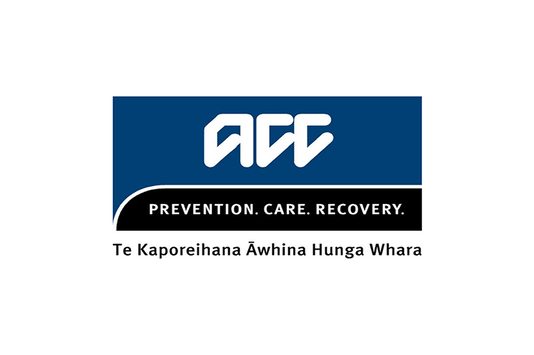CoverPlus vs CoverPlus Extra – Main differences, which one should I be on, and prices.
The ACC cover that most of us are familiar with is CoverPlus, which is the automatic policy for everyone whether they are self-employed or on PAYE wages. This type of cover pays out 80% of your income if you have an accident, and the levies are based on what industry you are in.
CoverPlus Extra (CPX) is an optional cover that you can elect to be on if you are self-employed, and it has different benefits to the standard CoverPlus (CP).
The main differences between CoverPlus and CoverPlus Extra
- CP is based on your last financial year of earnings, whereas CPX lets you choose how much you are covered for between $29,453 and $104,729.
Some people may choose to be covered for what a replacement labour unit would cost should they have an accident, or to cover their living expenses while they have time off. Others might choose the minimum cover which may be cheaper than paying the default CP levies, for example if they have private income protection insurance. Some may choose CPX if their last year’s earnings were very low, and others may prefer to be covered to the highest level for peace of mind! - CP pays out 80% of your income, whereas CPX pays 100% of the amount of cover you have chosen. For some people, even a 20% reduction in wages would cause financial hardship, so for these people CPX may be a better option. CP compensation payments also may be reduced further if your business continues to generate income or you return part time to work, but CPX will continue to pay 100% in compensation regardless.
- With the standard CP, you must prove your loss of earnings which can be tricky for some people, whereas CPX is hassle-free and requires no proof of a loss of earnings, and will begin compensation payments within 7 days of making a claim.
CPX is most suited to those who:
- Have fluctuating income. If you tend to have lower income years (under 30k) every so often and are only on the standard CP cover, ACC would pay only 80% of the minimum cover should you get injured following that lower income year. This would be $29,453 annually, less tax.
- Want to have control and certainty over the amount of cover they would receive and also over knowing the exact cost of levies that they will be paying. As CPX is agreed and fixed, the levies will be predictable, and the ACC payout would also be exactly as agreed.
- Are newly self-employed with no earnings history and want assurances around their cover.
- If your business would have difficulty proving a loss of income should you be injured.
What will it cost if I upgrade?
We all want to know about the price differences!
For the same amount of cover received if you should have an accident, CPX is around 4% more expensive than CP but also comes with some extra benefits, as previously listed. For some people, CPX can be cheaper than standard cover if a high level of income cover is not needed. For others, it can be significantly more expensive if they are low income earners and choose a much higher-level cover. It all depends on the needs of the individual.
If you don’t know whether you should be on CoverPlus or CoverPlus Extra, give your client manager here at Accounted4 a call, and we can have a look at your situation and needs and advise on what would be best for you.
You can check the prices for the levies yourself in the following link, comparing your current levies on CP (based on your last year’s income and industry), and an agreed amount of cover on CPX. https://www.levycalculators.acc.co.nz/cpx.jsp
If you have any questions or would like to learn more please don't hesitate to give us a call.




